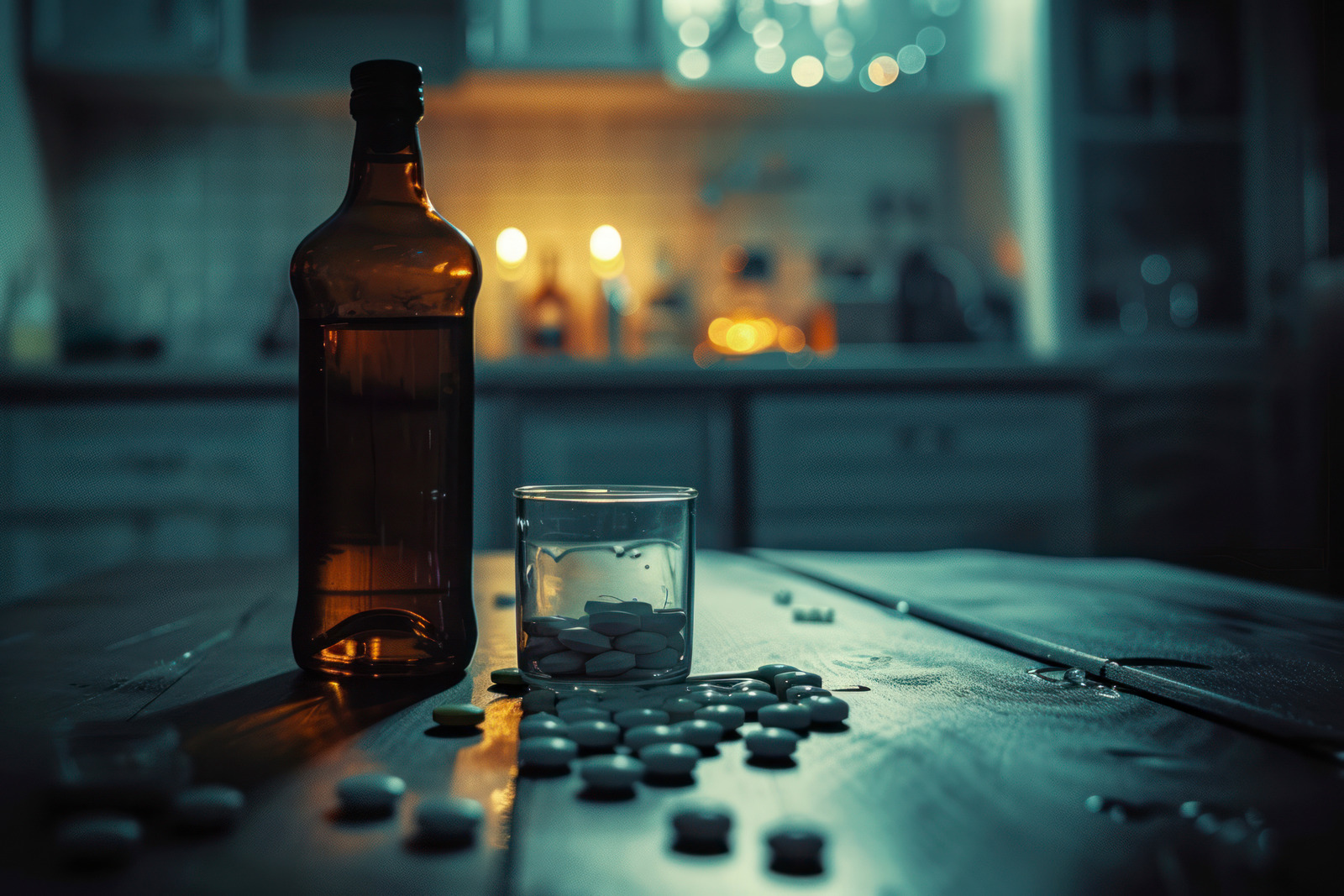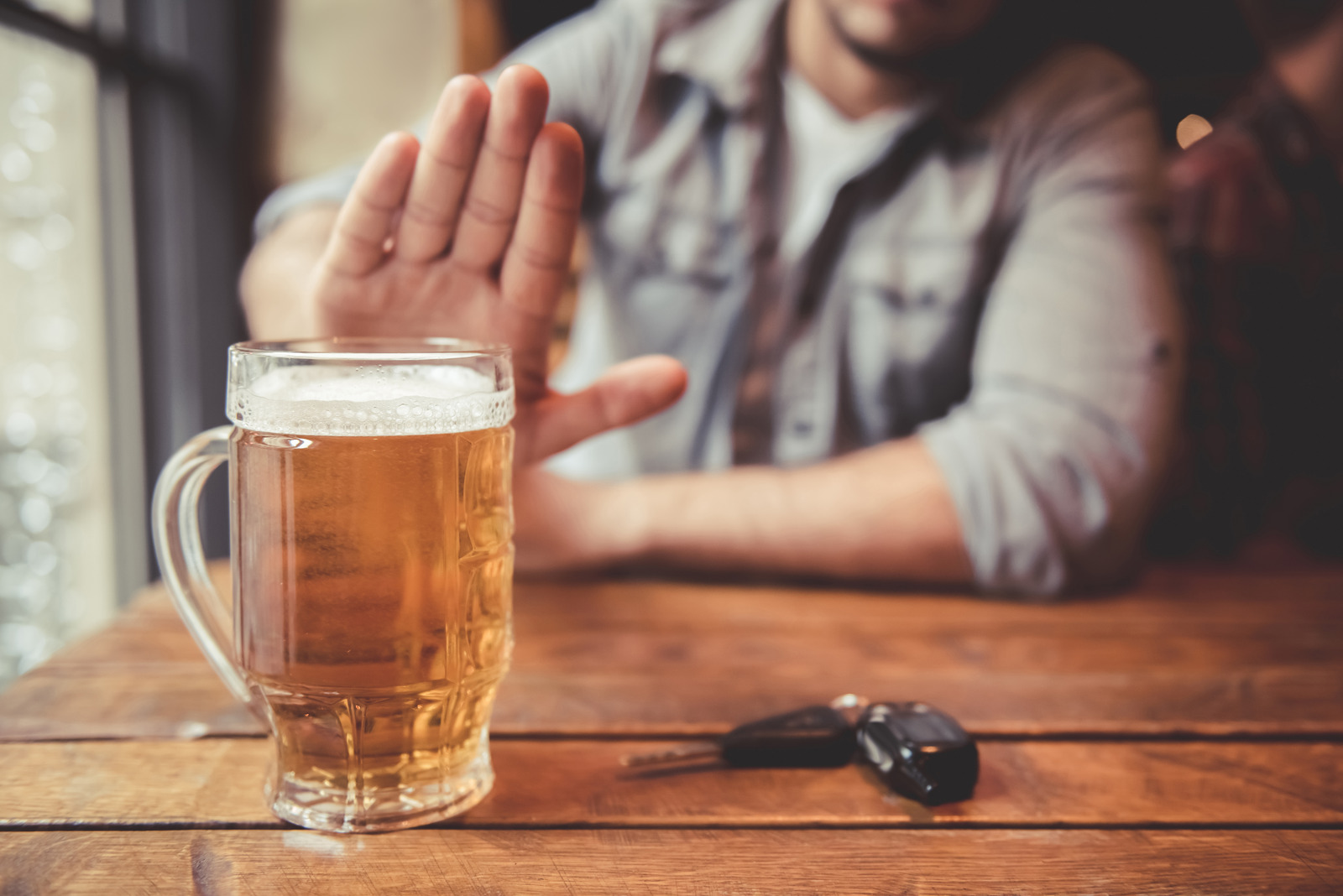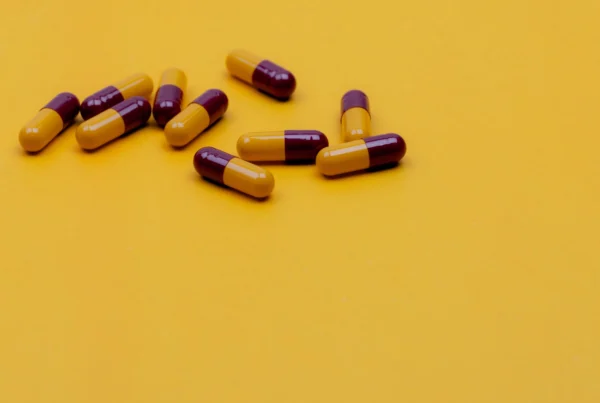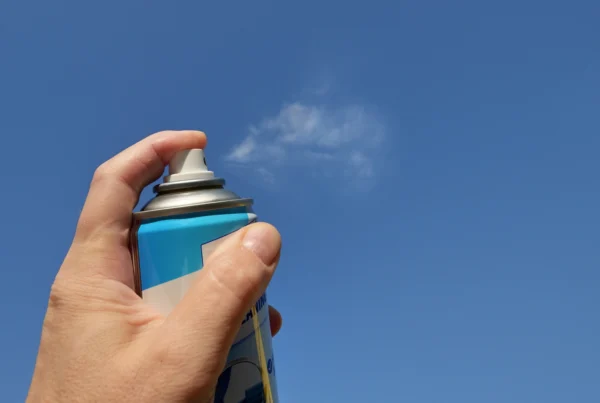
Table of Contents
Key Points
- Adderall is a prescription stimulant medication that can improve the symptoms of ADHD.
- Adderall has its own risks and side effects, but mixing it with alcohol and other substances can be extremely dangerous.
- It’s never safe to mix Adderall and alcohol, even with a prescription.
- Polydrug abuse, which is using two or more substances simultaneously, increases the risk of adverse reactions and addiction.
Stimulants like Adderall are commonly prescribed to treat attention deficit hyperactivity disorder (ADHD). They can be effective for improving attention and alertness, but they also come with risks, side effects, and potential drug interactions.
Adderall-alcohol interaction can be particularly dangerous. Here’s everything you need to know about mixing Adderall and alcohol and the safety guidelines for your medication.
What Is Adderall?
Adderall is a central nervous system (CNS) stimulant drug that’s prescribed to treat ADHD and narcolepsy. It contains a combination of amphetamine and dextroamphetamine that can improve cognitive abilities and executive function.
Though Adderall has legitimate medical uses, it’s often misused. According to the 2021 National Survey on Drug Use and Health, 3.7 million people aged 12 and older misused prescription stimulants like Adderall in the past year.[1] This can include taking Adderall in ways other than prescribed, using it to get high, or taking a prescription that isn’t their own.
Why Do People Mix Adderall and Alcohol?
There are several reasons someone may mix a prescription drug like Adderall with alcohol. It’s possible that they don’t know the dangers and assume that prescription drugs like Adderall are safe when combined with a legal substance like alcohol.
Another possibility is that people believe that mixing a stimulant like Adderall with a depressant like alcohol will compensate for one another. Some people may even know the risks of drinking alcohol on Adderall and choose to do so anyway, as happens with many substances.
Dangers of Mixing Adderall and Alcohol
Polydrug use, or polysubstance use, is when someone takes two or more substances at the same time – whether intentionally or unintentionally. This can be dangerous because of the unpredictable ways substances can interact with one another.
Some substances may become more potent together than they would be individually. Others can mask the effects of one another, leading to a potentially deadly overdose.
Adderall is a stimulant, and alcohol is a depressant. Combining two drugs with opposite effects, such as these, can be particularly dangerous.[2] They don’t cancel out each other’s effects, as some believe.
Instead, one can alter or hide the effects of the other, making it more difficult to determine when you’ve had too much and increasing the risk of overdose. Some of the risks of Adderall-alcohol interaction include an increased risk of serious cardiovascular issues.[3]
There are indirect risks from the effects of these substances as well, including risky behaviors and lowered inhibitions that can lead to unsafe sex or injuries. Mixing substances also increases the risk of adverse health effects and addiction.
Are Certain People at Greater Risk When Combining Alcohol and Adderall?
Both alcohol and Adderall can affect people differently. However, some people may be at a greater risk for complications from Adderall-alcohol interaction.
- Older adults: Older adults break down alcohol more slowly than younger people. Alcohol can stay in the body for a longer period, which can increase intoxication. Older people who use stimulants are at an increased risk of heart problems as well.
- Women: Women usually have less body water than men, so alcohol can reach higher blood concentrations. Mixed with Adderall, the increased concentration can lead to adverse effects.
- People with liver problems: The liver is responsible for breaking down alcohol. If it doesn’t work properly, alcohol stays in the body longer and may interact with Adderall more easily.
When to Seek Medical Attention
If you’ve combined alcohol and Adderall, it’s important to watch out for possible signs of overdose or alcohol poisoning.
The symptoms of Adderall overdose may include:
- Agitation
- Confusion
- Aggression
- Panic
- Paranoïa
- Rapid breathing
- Irregular heartbeat
- High blood pressure
- Chest pain
- Abdominal cramps
- Nausea
- Vomiting
The symptoms of alcohol poisoning may include:
- Vomiting
- Slow breathing
- Slow heart rate
- Bluish skin
- Confusion
- Seizures
If you suspect someone is experiencing an overdose, call 911 immediately. Overdoses may be reversed with prompt medical attention. You should also call 911 if you or someone else is experiencing the symptoms of a heart attack, which include chest pain, shortness of breathing, and arm or shoulder pain.
Safety Precautions for Adderall and Alcohol
It’s never safe to mix alcohol and Adderall. Even a low dose of Adderall and moderate alcohol consumption can lead to increased risks, though heart attack or overdose directly from a single instance of such low-level mixing is less common without other underlying conditions.
Some people process alcohol more quickly, but there’s no way of knowing how these two substances will affect you for sure. It’s best to err on the side of caution and avoid drinking alcohol while taking Adderall unless approved by your doctor.
Once you stop taking Adderall, the drug has to be metabolized before it’s safe to drink alcohol. Several factors affect how long Adderall stays in your system, including the dosage, the time you’ve been taking it, and your age and weight.
Generally, immediate-release Adderall lasts about 4 to 6 hours, while extended-release Adderall can last 12 hours.[4] However, you should always consult your doctor or pharmacist before assuming Adderall is out of your system, and it’s safe to drink alcohol.
Regular Adderall use can lead to dependence, which is when your body gets used to the presence of a drug and needs it to function properly. Stopping Adderall abruptly can cause intense withdrawal symptoms, including sleepiness, slow muscle movement, and the symptoms of depression. If you want to stop taking Adderall, discuss your decision with your doctor.
If you’ve accidentally or intentionally taken Adderall with alcohol, seek medical attention immediately. You may feel fine, but the drug interaction can occur at any time with serious effects.
In addition, never take an Adderall prescription at a higher dose or more frequently than directed. You should never take Adderall – or any other medication – that isn’t yours. Doctors consider many factors when prescribing medication, including the person’s medical history and the other medications they’re on. What’s safe for someone else may not be safe for you.
Adderall and Alcohol Addiction
Both Adderall and alcohol have a potential for abuse and addiction. Combining the two – polysubstance use – increases the risk of addiction to either or both substances.
Having an addiction, which is characterized as a compulsive need to use the substance despite harm or other negative consequences, can make it more difficult to avoid mixing substances as well. For example, if you have an alcohol use disorder, abstaining from alcohol use while on a legal Adderall prescription may be impossible.
If you or a loved one is misusing Adderall, alcohol, or both, it’s important to get treatment to avoid adverse effects. Both Adderall and alcohol can have intense withdrawal symptoms, though alcohol withdrawal can cause life-threatening complications.
Treatment for many types of addictions often starts with detox to manage the withdrawal period. With Adderall, this may include a taper schedule to minimize withdrawal symptoms. with alcohol, detox is necessary to provide medical supervision and reduce the risk of fatal complications.
After detox, an inpatient or outpatient addiction treatment program is necessary to address the contributing factors that led to polysubstance use, misuse, or addiction. No matter the setting, addiction treatment usually includes an individualized schedule of counseling, therapy, and medication to suit your needs.
Whether intentional or unintentional, mixing alcohol and Adderall is never safe. These two substances can have potentially dangerous interactions, including possible overdose or heart attack. Now is the time to get help and prevent life-threatening effects.
Frequently Asked Questions About Adderall and Alcohol
OCEAN RECOVERY EDITORIAL GUIDELINES
The internet contains a vast amount of misinformation, but when it comes to your health only peer reviewed, research centered data matters. At Ocean Recovery, all content published throughout our website has been rigorously medically reviewed by a doctorate level clinician, and cross checked for medical accuracy. Our editorial process helps our readers trust that the information they are consuming is factual and based upon scientific data. Your health is our top priority, find out more about how we safeguard the integrity of information on our website. Read More About Our Process





